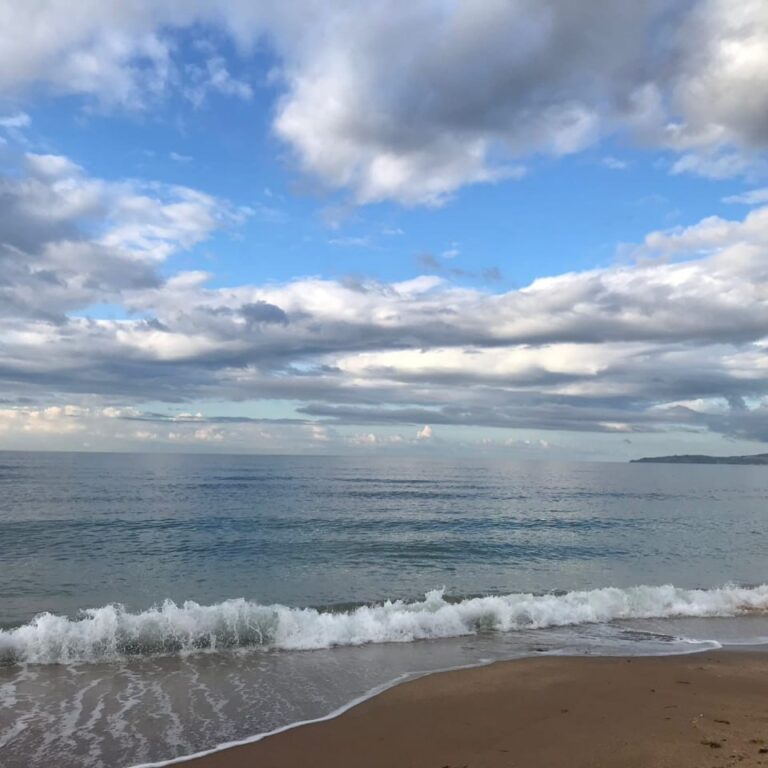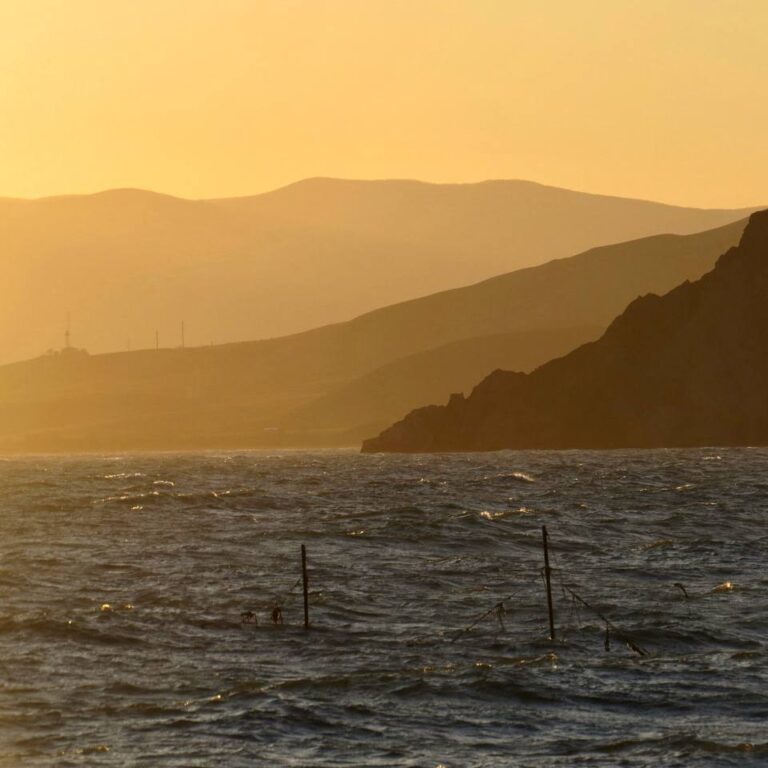During last months the issue of Russian aggression was reflected in activities of International Olympic Committee (IOC). IOC adopted the Declaration of the 11th Olympic Summit, 9 December 2022 and Statement on solidarity with Ukraine, sanctions against Russia and Belarus, and the status of athletes from these countries, 25 January, 2023.
Declaration refers to the resolution A/77/L.28 by the UN General Assembly adopted on 1 December 2022, Remarks by President of the 77th Session of the UN General Assembly, statement by the Indonesia’s President Joko Widodo and by Emmanuel Macron, President of France and a letter by the Special Rapporteur in the field of cultural rights and the Special Rapporteur on contemporary forms of racism of the UN Human Rights Council.
Statement pointed that with regard to the sanctions, no international sports events being organized or supported by an International Federation or National Olympic Committee in Russia or Belarus, no flag, anthem, colours or any other identifications whatsoever of these countries being displayed at any sports event or meeting, including the entire venue, no Russian and Belarusian Government or State official should be invited to or accredited for any international sports event or meeting.
Those IOC and whole Olympic Movement steps are well-grounded and are connected with above-pointed international legal consequences of Russia’s aggression. But Statement also stressed that allegedly “No athlete should be prevented from competing just because of their passport” that a “pathway for athletes’ participation in competition under strict conditions should therefore be further explored”.
Statement also stressed that athletes would participate in competitions as “neutral athletes” and in no way represent their state or any other organization in their country. Statement also stressed that only athletes who fully respect the Olympic Charter would participate. This means in particular that only those who have not acted against the peace mission of the IOC by actively supporting the war in Ukraine could compete and that there must be individual checks carried out for all entered athletes.
In the event of any athlete failing to respect the eligibility criteria or failing to respect the strict participation conditions as set out above, the International Federations and/or the sports event organizer concerned should immediately remove them from the competition, suspend them from further competitions and report the incident to the IOC for its consideration for further measures and sanctions.
Such IOC conditions caused strong social discussion in Ukraine and other states, including all arguments, pointed in the Statement and Declaration.
Regarding non-discrimination issue and letter of Special Rapporteurs the issue of citizenship is not the possible ground of discrimination persons, regarding international legal standards, including p. 2 of article 1 of International Convention on the Elimination of All Forms of Racial Discrimination, 1965 and others.
Also after Statement and Declaration were adopted the ECtHR decision was published on 25th of January regarding Russian occupation of districts of Eastern Ukraine since 2014, but the Statement and Declaration did not take into account this decision that establish the Russia-supported terrorist and aggressive activities as in the Crimea so in the East of Ukraine since 2014.
Anyway, as the international acts stress, Russian aggression in Ukraine started from the illegal occupation and attempted annexation of the Crimea in 2014. So all athletes, who visited illegally Russia-occupied Crimea and others Russia-occupied territories of Ukraine from 2014, as in personal purposes, so for any sportive or so called “social” or “politic” activities acted strongly against the Olympic Charter.
So the relevant IOC position in Statement means the relevant checks of athletes on “Crimean issue”. Our Association’s representative, professor Borys Babin addressed relevant separate submissions to competent Olympic structures on this point.
Also the national Olympic Committees were concerned by ongoing situation. Korean Sport & Olympic Committee (KSOC) said in Seoul on 1st of February it will seek further clarification from the top Asian sports organization, in light of the latter’s decision to allow Russia to compete in the continent’s largest multisport event. KSOC plans to send a formal letter to the Olympic Council of Asia (OCA) this week demanding answers on how the continental body will operate this year’s Asian Games with athletes from Russia and also Belarus on hand.
Delayed by one year due to effects of the COVID-19 pandemic, the 19th Asian Games will take place in Hangzhou, China, from September 23 to October 8 this year.
Following Russia’s invasion of Ukraine last year, athletes from Russia and Belarus, have been banned by the IOC from competing in international sports events wearing their flags at the 2022 Beijing Winter Olympics, however, athletes from the two countries were allowed to participate as “neutrals” before IOC Declaration and Statement.
After IOC Declaration and Statement was done, OCA then invited them to the Asian Games, a key Olympic qualifier. According to the KSOC, the OCA notified its 45 member states of Russia’s and Belarus’ participation in the Asian Games on Monday, 30 January, without any prior consultation. The OCA said 500 athletes from the two countries will not be eligible to win medals, and it also vowed to ensure Asian athletes will not be put at a disadvantage in their bid to qualify for the Paris Olympics.
“With Russian and Belarusian athletes participating, operating knockout events at the Asian Games can pose problems,” a KSOC official said, informs the “Yonhap News” adding that “We will ask the OCA how it will handle those situations, and also in what sports Russian and Belarusian athletes will compete at the Asian Games”. So the next development of Olympic events with possible aggressors’ provocations and “participation” need to be monitored carefully.







